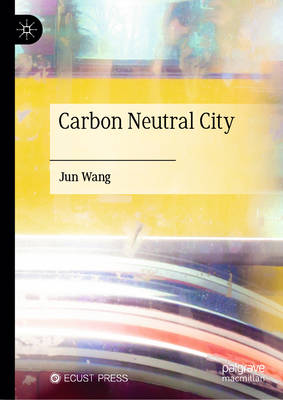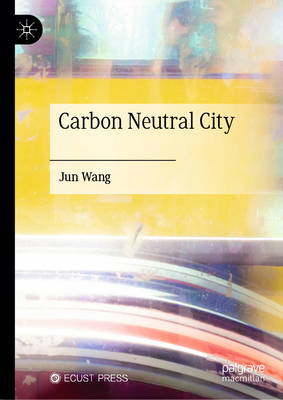
- Afhalen na 1 uur in een winkel met voorraad
- Gratis thuislevering in België vanaf € 30
- Ruim aanbod met 7 miljoen producten
- Afhalen na 1 uur in een winkel met voorraad
- Gratis thuislevering in België vanaf € 30
- Ruim aanbod met 7 miljoen producten
Zoeken
Omschrijving
This book introduces the ecological, low-carbon, and sustainable concept of ideal cities from different views. With beliefs and practices of scholars in the past in pursuit of ideal cities, it is written with historical events in the development of low-carbon cities. In this way, activities about carbon peaking and carbon neutrality happening worldwide at present can be shown, and efforts variety countries have paid off can be exhibited. Besides, as for the centralized and the distributed space structure in urban evolution, the book discusses their trends and comes up with an ideal model, the distributed city, to realize carbon neutrality based on the distributed structure. Therefore, with a practical example in planning, the feasibility of the distributed city is analyzed in several fields, including space, energy, traffic, water, waste disposal, etc. The book can be used as materials for professionals in city planning and construction, low-carbon development and other fields, as well as a way for ordinary people to learn about the complex city.
Specificaties
Betrokkenen
- Auteur(s):
- Uitgeverij:
Inhoud
- Aantal bladzijden:
- 325
- Taal:
- Engels
Eigenschappen
- Productcode (EAN):
- 9789819674534
- Verschijningsdatum:
- 24/08/2025
- Uitvoering:
- Hardcover
- Formaat:
- Genaaid
- Afmetingen:
- 148 mm x 210 mm
- Gewicht:
- 576 g

Alleen bij Standaard Boekhandel
+ 396 punten op je klantenkaart van Standaard Boekhandel
Beoordelingen
We publiceren alleen reviews die voldoen aan de voorwaarden voor reviews. Bekijk onze voorwaarden voor reviews.








